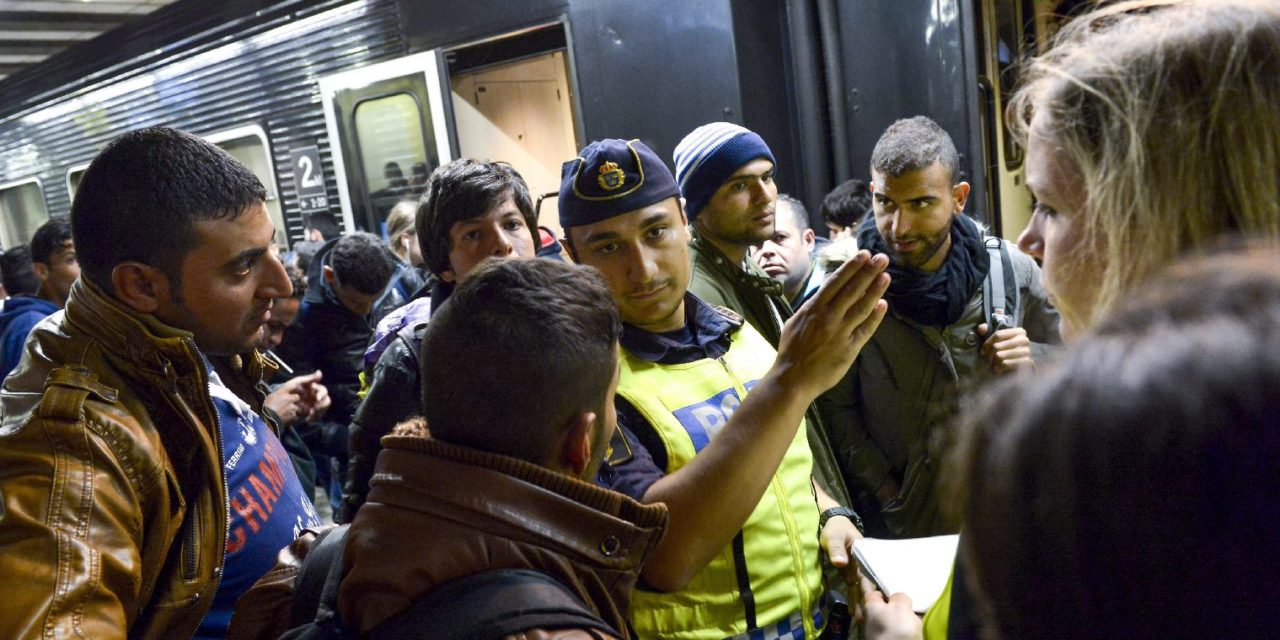The market for migrant smuggling services to and from the EU is growing, the European Police Office (Europol) admitted in a report published on Wednesday.
According to the Hague-based EU agency, the stability of the EU region, as well as the steady demand for labor in EU destination countries, further strengthens the market for smuggling services, which is stimulated by emerging and worsening crises, especially economic recession, climate change, as well as conflicts and demographic pressure in many third countries. .
The report draws attention to the fact that migrant smuggling is a "dynamically developing" branch of crime. Criminal networks have proven to adapt quickly to changes in the dynamics of illegal migration and to the development of law enforcement methods.
Smuggling routes, tariffs and modes of transport are varied based on the demand for intermediary services, logistical needs and the emergence of new migration hubs. Increased official controls also force criminal organizations to switch to alternative routes and modes of operation.
Criminal syndicates may also provide additional services to their clients, including accommodation at various stages of the journey or the issuance of false documents. The business model of migrant smuggling is characterized by cooperation, which can be occasional or permanent.
In addition, criminal organizations often cooperate with each other on different stages of human trafficking routes. Some large and multi-site criminal syndicates also provide intermediary services along the entire route, the report reads.
Criminal syndicates are complex and consist of different actors (leaders, middlemen and low-level servers). The leaders of the smuggling networks have a high level of management skills and are able to control the illegal activities from a distance, while the middlemen can be involved in multiple activities, such as recruiting illegal migrants and overseeing the logistics and financial processes. Low-level servers of criminal organizations are mainly involved in transporting migrants.
Migrant smuggling networks most often advertise their routes and fares digitally, and use this to communicate with illegal migrants and prepare their false documents. Legal business structures are often used to carry out human trafficking activities.
The report also points out that migrant smugglers often use violence against illegal migrants, in most cases to extort smuggling fees. Employees of law enforcement agencies have also fallen victim to their violent actions in several cases, Europol pointed out.
MTI












